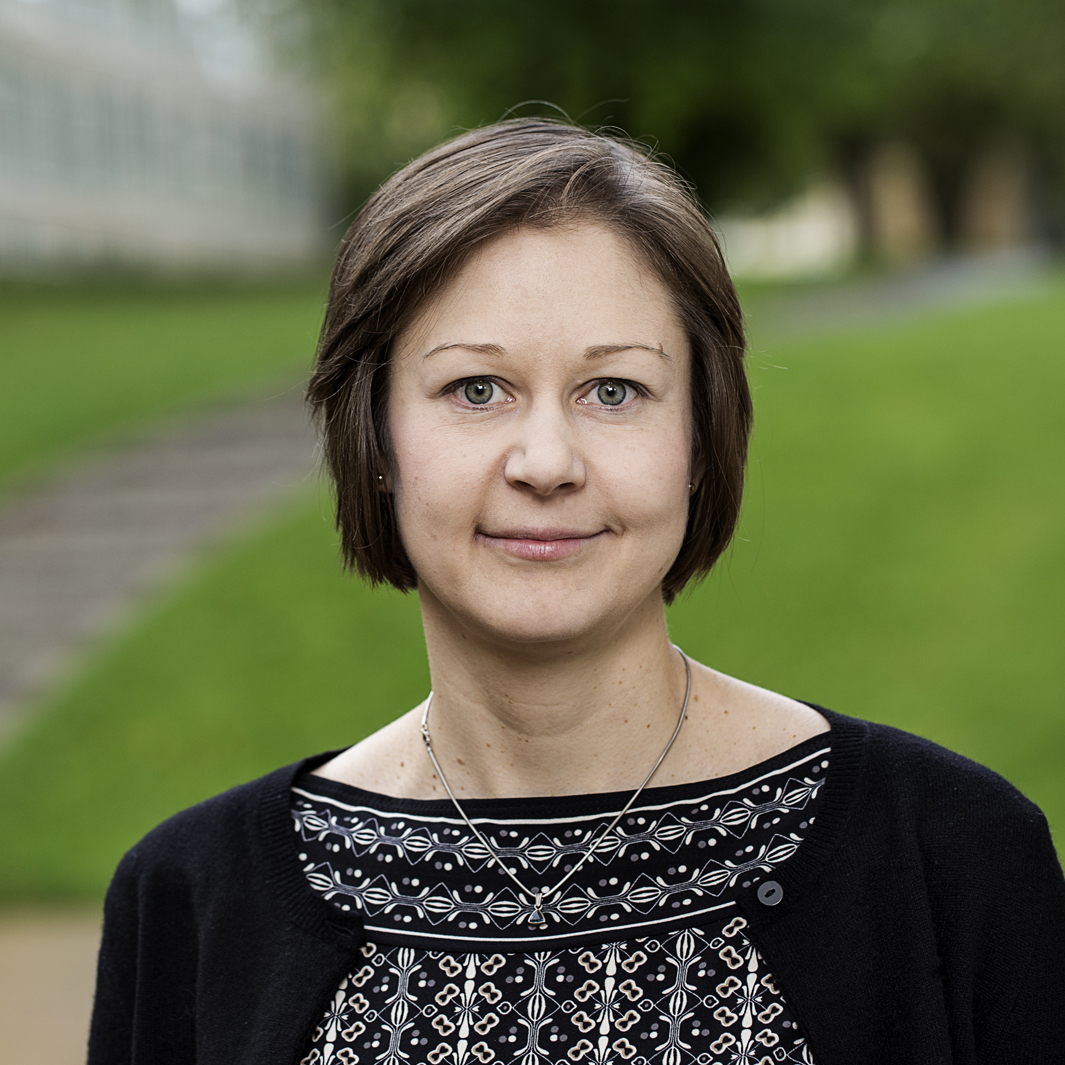
Parkinson’s disease is a progressive movement disorder characterized by a loss of dopaminergic neurons, and accumulation of misfolded alpha-synuclein into insoluble, amyloidal aggregates in the brain. Current evidence suggests that misfolding and aggregation of alpha-synuclein starts in the gut, from where the misfolded protein spreads to the central nervous system and further seeds misfolding and aggregation of the protein in the brain.
Many bacterial species produce functional bacterial amyloids, which have been shown to induce alpha-synuclein aggregation in animal models. Patients with early Parkinson’s disease have inflammation in the gut, and altered species composition of gut microbiota. At AIAS, I will work in collaboration with professor Daniel Otzen’s laboratory to identify and characterize functional bacterial amyloids produced by the species prevalent in the guts of Parkinson’s disease patients. Further, I will analyze whether these functional bacterial amyloids trigger inflammation, and promote alpha-synuclein misfolding, aggregation, and seeding. Understanding the factors and mechanisms that trigger and promote alpha-synuclein misfolding and aggregation could help develop therapies to delay the onset of Parkinson’s disease, and/or slow down the disease progression.
Project title:
The role of functional bacterial amyloids in alpha-synuclein misfolding and aggregation in Parkinson’s disease
Area of research:
Molecular biology
Fellowship period:
1 Oct 2017 – 31 Mar 2020
Fellowship type:
AIAS-COFUND Marie Skłodowska-Curie fellow

This fellowship has received funding from the European Union’s Seventh Framework Programme for research, technological development and demonstration under the Marie Skłodowska-Curie grant agreement No 609033 and The Aarhus University Research Foundation.
